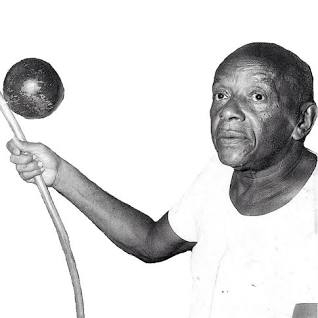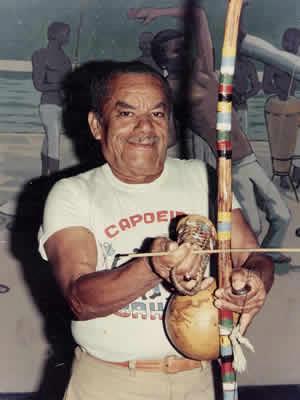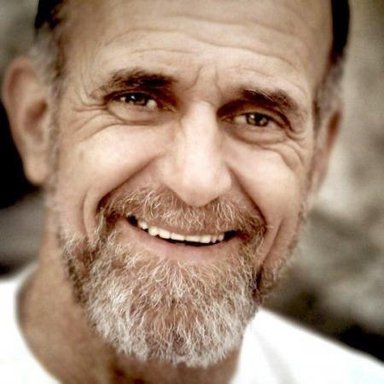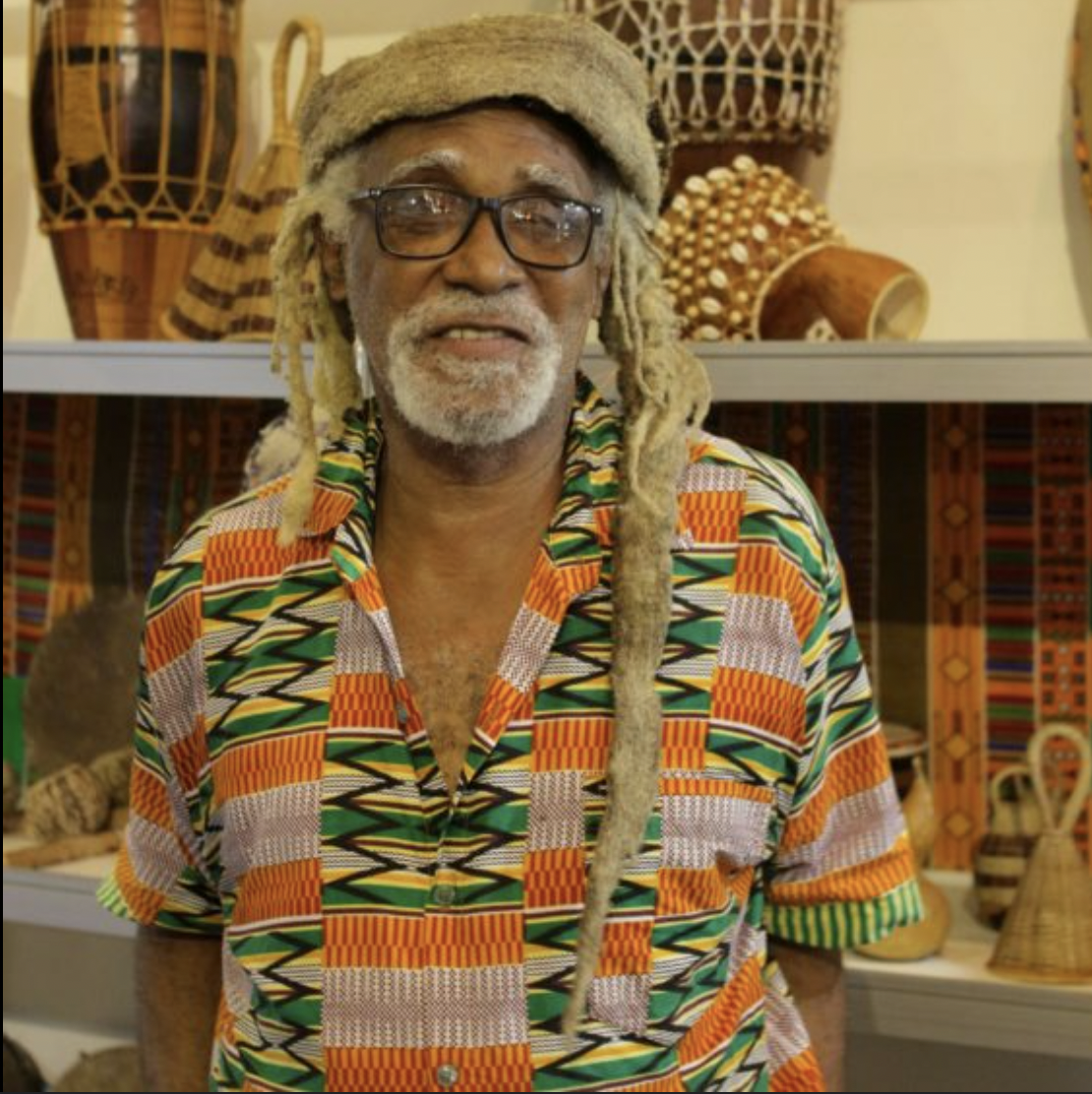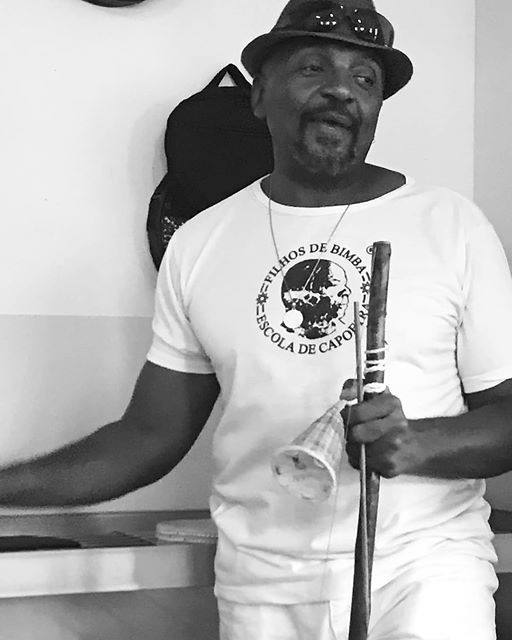- Lived in: Salvador, Bahia, Brazil
- Date of Birth: 23-Nov-1899
- Date of Death: 05-Feb-1974
- Learned from: Mestre Bentinho
- Capoeira Style: Regional
Biography:
Manuel dos Reis Machado, known as Mestre Bimba, was a legendary Brazilian capoeira mestre and the founder of Capoeira Regional, one of the two primary branches of capoeira. Born in Salvador in 1899, though officially registered in 1900, his date of birth has been a point of confusion. He was the son of Luiz Cândido Machado and Maria Martinha do Bonfim, and he grew up in Bairro do Engenho Velho, Salvador.
His nickname, "Bimba," meaning "phallus" in Portuguese, came about through a bet during his birth. His mother bet he would be a girl, while the midwife bet on a boy. After his delivery, the midwife revealed he was a boy by pointing at his "bimba." In Brazilian culture, "Bimba" also means "beating."
At the age of 12, Bimba began his capoeira journey under Bentinho, a Navigation Captain in the Estrada das Boiadas (now Bairro da Liberdade), even though capoeira was still illegal and persecuted. Over time, Bimba became one of the founding fathers of modern capoeira, alongside Mestre Pastinha, who pioneered Capoeira Angola. While working various jobs like coal miner, carpenter, and longshoreman, capoeira remained his primary passion.
At 18, Bimba became disillusioned with capoeira, believing it had lost its effectiveness as a martial art and had devolved into a folkloric dance with only nine movements. To revive capoeira’s martial roots, he restored traditional movements from Capoeira Angola and added elements from Batuque, an African fighting style learned from his father. He also introduced his own innovations.
Bimba revolutionized the teaching of capoeira, developing a formalized system that allowed for structured learning, unlike the previous method of learning by observation and participation in the roda. His work gave birth to Capoeira Regional. He was also influenced by martial arts like judo, boxing, and wrestling, which he incorporated into his style. However, some, like Mestre Itapoan, argue that Bimba’s contributions were solely based on Batuque and capoeira itself, with no outside martial arts influences.
A turning point came in 1928 when Bimba performed for Bahia's Governor, Juracy Magalhães, successfully convincing the authorities of capoeira’s cultural value. This led to the end of the official ban on capoeira in the 1930s, which had been in place since 1890.
In 1932, Bimba opened the first formal capoeira school, the Academia-escola de Cultura Regional, at the Engenho de Brotas in Salvador. Before this, capoeira was practiced mainly in the streets. Despite still facing discrimination from the upper classes, Bimba set strict standards for his students, requiring them to wear clean, white uniforms, maintain discipline, and demonstrate proficiency. His efforts attracted people from all walks of life, including doctors, lawyers, and politicians, which helped legitimize capoeira as an art form.
Bimba was also known for his rigorous student testing, initially using a neck lock (gravata) challenge to test their endurance. Later, he modified this test to include flexibility demonstrations and written exams.
In 1936, Bimba challenged fighters from various martial arts to test his Capoeira Regional style. He won all four matches and earned the nickname "Três Pancadas" ("Three Hits"), meaning he could defeat opponents with just three strikes. His challenges sparked a famous rivalry, particularly after he used hand strikes in the roda, a practice that was controversial among some capoeiristas.
Bimba’s influence extended beyond the academy. In 1937, he earned the official state certification for capoeira and established the first Capoeira Regional center. His academy was located near Mestre Pastinha’s Capoeira Angola school, and although both mestres respected each other, Bimba's students sometimes clashed with Pastinha's in shared rodas.
In 1942, Bimba expanded his school to the Terreiro de Jesus, and in 1945, he responded to a challenge from Brazilian jiu-jitsu competitor Jayme Ferreira. Bimba emphasized that Capoeira Regional was for self-defense, not for sport-based competition. Despite facing some setbacks in a 1949 tour of São Paulo, where his school lost a series of exhibition matches, Bimba’s legacy continued to grow.
In 1953, Bimba demonstrated capoeira to President Getúlio Vargas, who called it “the only truly Brazilian sport.” Throughout his life, Bimba fought to preserve the original values of capoeira, emphasizing that it should be a cooperative art rather than a competitive one. His contributions to capoeira transformed it from a persecuted underground practice into a respected cultural tradition.
Bimba's influence spread beyond Brazil, and he was posthumously awarded the title of Honoris Causa by the Federal University of Bahia. His impact on capoeira remains profound, and he is regarded as the father of modern capoeira.
